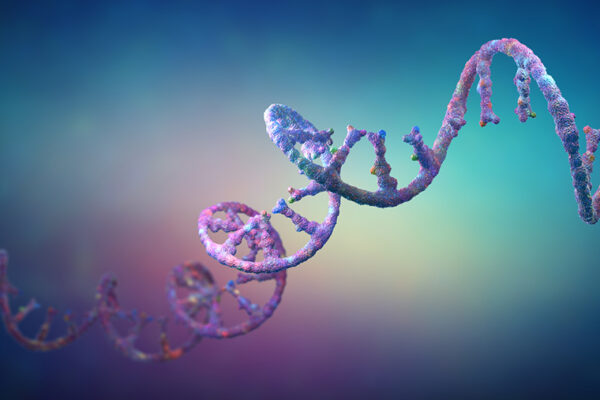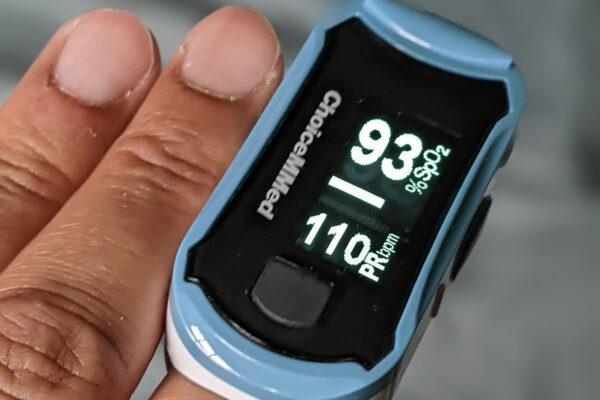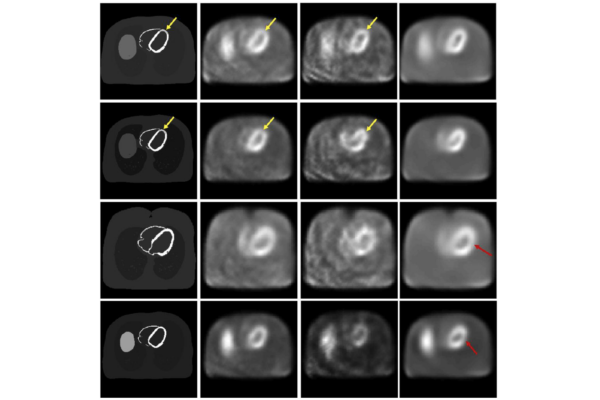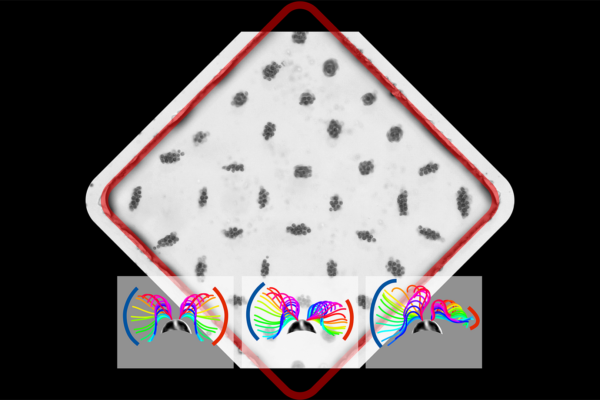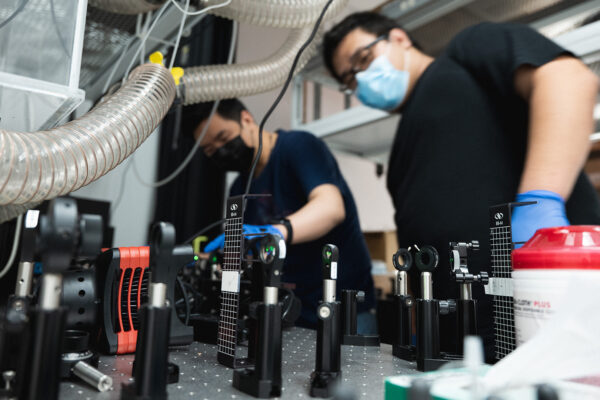Zapping municipal waste helps recover valuable phosphorus fertilizer
Researchers from Zhen (Jason) He’s lab at the McKelvey School of Engineering use advanced technologies to recover valuable resources from wastewater. They recently demonstrated a promising pathway to treat solid sludge and recover usable phosphorus.
New pathway discovered for RNA degradation
Researchers at Washington University in St. Louis found the first abiotic pathway for RNA hydrolysis in iron-rich soils and sediments. Understanding how RNA breaks down under given conditions is critical to harnessing the molecule for use in emerging technologies.
Bias from pulse oximeters remains even if corrected by race, study finds
Neal Patwari and graduate students Francesca Bonetta-Misteli and Di Huang at the McKelvey School of Engineering found that even while pulse oximeters have been adjusted to account for darker skin tones, bias remains and must be fixed.
AI could transform baseball
A deep neural network model proposed by a faculty member at the McKelvey School of Engineering has been shown to boost the effectiveness of average and below average major league pitchers.
Clinical utility, not ‘prettiness’
In a study published in Medical Physics, researchers in the lab of Abhinav Jha at the McKelvey School of Engineering evaluated artificial intelligence techniques for cleaning up medical images based on performance in clinical tasks.
AI assistance could help reform pretrial scheduling
With funding from the National Science Foundation, William Yeoh at the McKelvey School of Engineering will use artificial intelligence to develop a fair, equitable and efficient scheduling system for courts.
Treadmill for microswimmers allows closer look at behavior
A team from the McKelvey School of Engineering at Washington University in St. Louis and Massachusetts Institute of Technology has created an acoustic microfluidic method that offers new opportunities to conduct experiments with swimming cells and microorganisms.
Improving air quality modeling
Researchers in Randall Martin’s lab at the McKelvey School of Engineering won a $500,000 grant from the National Science Foundation to study, and improve, the accuracy and resolution of models used to understand chemicals’ behavior in the atmosphere.
Powderly, Setton receive faculty achievement awards
William G. Powderly and Lori A. Setton will receive Washington University’s 2023 faculty achievement awards, Chancellor Andrew D. Martin announced.
Looking deeper with adaptive six-dimensional nanoscopy
With a $2 million National Institutes of Health (NIH) grant, Matthew Lew at the McKelvey School of Engineering will develop smart microscopes to reveal dynamic interactions between individual biomolecules.
View More Stories

